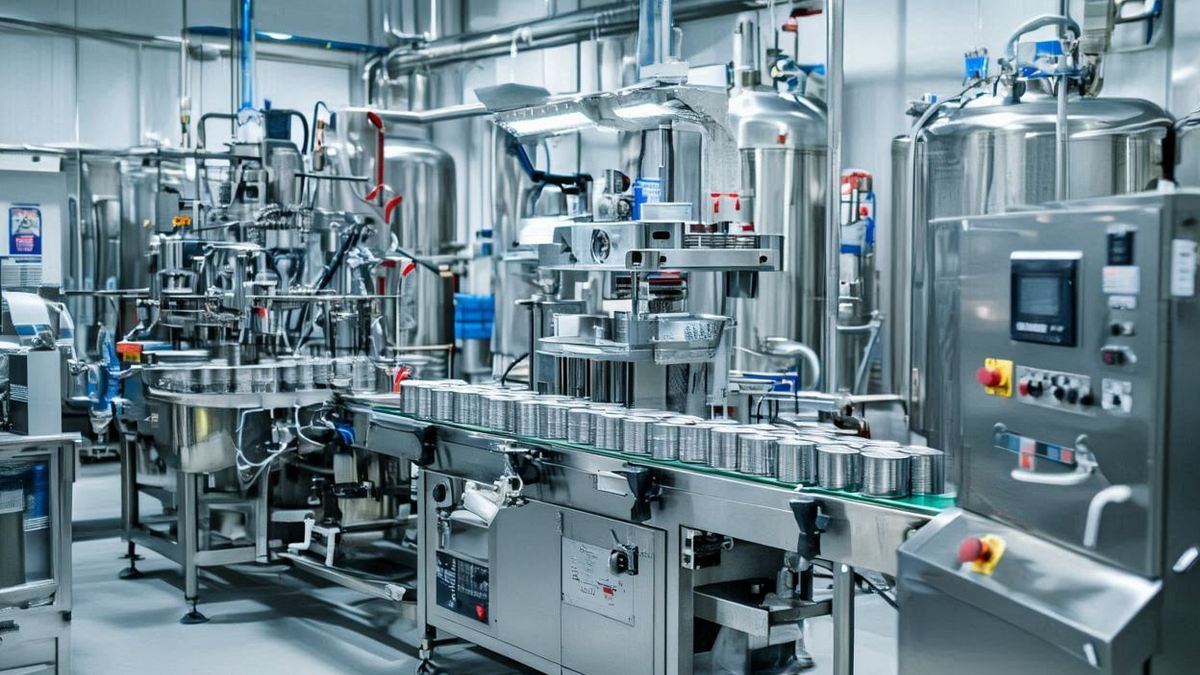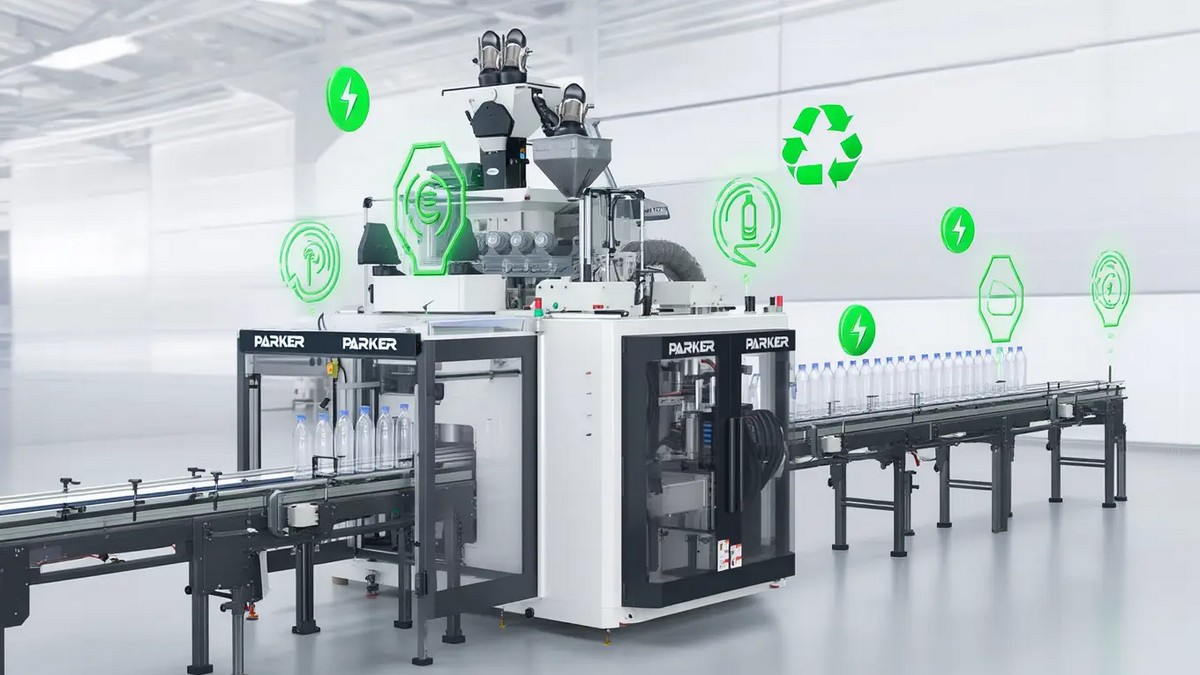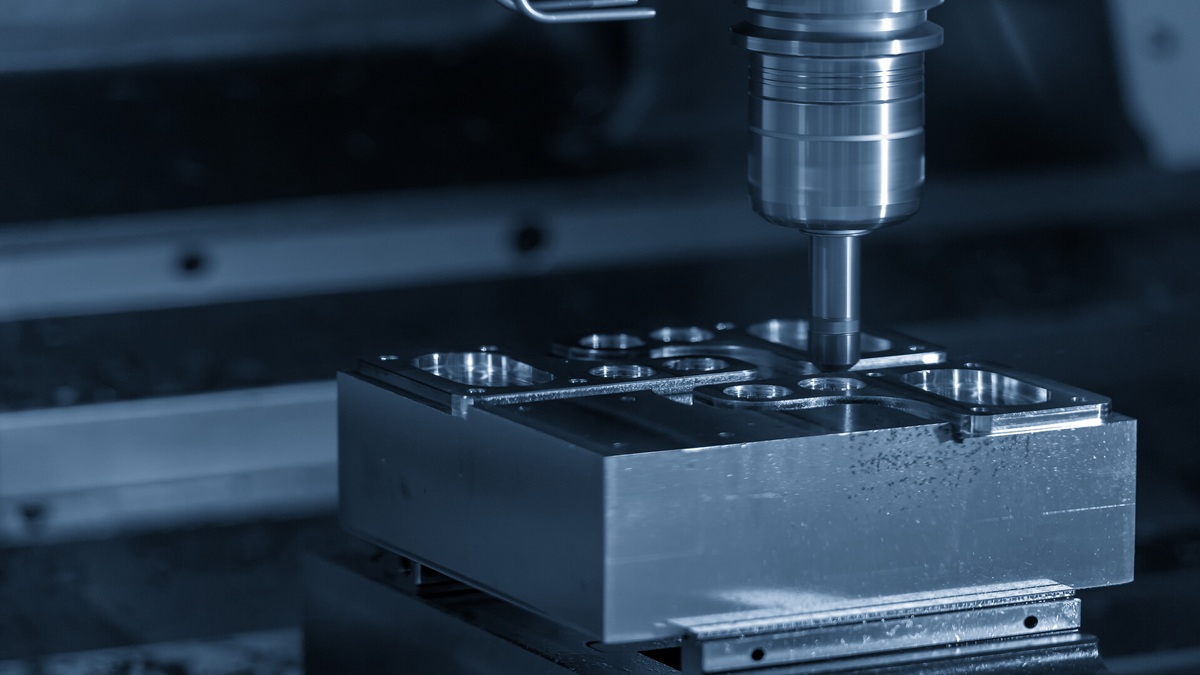The New Generation of the Electric Vehicle Industry: The Revolution of Vehicle Electrification
In 2021, the global auto market will be dominated by the shortage of semiconductors, and the production capacity of automakers will drop sharply, which will affect the overall vehicle sales performance. The auto parts supply chain problems, The COVID-19 epidemic, and the risks brought by inflation will also affect the development of the auto industry.
Electrification and self-driving are the main development trends of the automobile industry. Electric vehicles have entered a high-speed penetration. It is expected to exceed 8 million in 2022, which will lead to the development of the industrial scale and become a highly competitive market for various supply chains. On the other hand, the commercial situation of autonomous driving has become clear, and regulations in various markets have gradually improved, which has also accelerated the development of autonomous driving technology.
Future of Mobility:
The trend towards electrification of vehicles is gradually taking shape. Future of Mobility will create new business models and bring new opportunities to related auto parts supply chains and commercial fleets.
The cores of future mobility "C.A.S.E." - "Connectivity", "Autonomous", "Shared" and "Electrified" will not only bring innovation to the traditional automobile industry but will also create new business models. As Apple, Google, Amazon, and other technology companies have invested in electric vehicles, companies and investors have begun to pay attention to the huge business opportunities that the electric vehicle industry will bring.
According to the emission policies of various countries and the sales years of the ban on fuel vehicles, it is predicted that the electric vehicle market will continue to increase at a compound annual growth rate of 29% in the next 10 years. Although the sales of the automobile market in the next three years will still be affected by the Covid19 epidemic, long-term assessment, with the investment of policies and market resources, will continue to drive the development of the electric vehicle market in the future.
Growth factors for the automotive market:
The factors driving the growth of electric vehicles are not only the rise of environmental awareness and the prohibition of fuel vehicles. The change in consumers' perception of electric vehicles and the application of electric vehicles by enterprises will also promote the development of the electric vehicle market. These factors make the electric vehicle industry still optimistic despite the huge impact of the epidemic. The factors driving the market growth are as follows:
- Shifts in consumer acceptance:
Consumers' concerns about electric vehicles have gradually decreased. The government's construction of electric vehicle charging stations has also expanded the range and convenience of electric vehicles, and consumers' acceptance of electric vehicles has also improved.
- Policy and Regulation:
The European CO2 targets imposed by 2021 could see the industry face $39 billion in fines. To this end, automakers have begun to actively seek electrification ways to reduce emissions. Urban vehicle restrictions and tax subsidies also increase people's willingness to buy electric vehicles and increase the market demand for electric vehicles.
- The role of the company:
Corporate vehicles will account for a large proportion of new car sales. In the past year, large logistics companies and multinational companies have successively started to invest in electric vehicles.
Key points of transformation in the automotive industry:
- Depots have successively launched online car purchase services to increase the proportion of production orders:
In 2019, Tesla closed many physical stores in the United States and promoted online car purchases, including online consultation, in-home or outdoor test drives, official website car purchases, zero-contact delivery, remote vehicle diagnosis, and other full-service services. This business model subverts the traditional sales in the past and skips the middle dealers. In addition to reducing operating expenses, it can more instantly and effectively grasp the order and inventory situation, and also makes Tesla more responsive to the sales market than other traditional car manufacturers. Faster, such a business model adjustment is also reflected in the after-tax net profit margin, which will increase to 12% in the first three quarters of 2021. Since the outbreak of COVID-19 in 2020, people's willingness to go to brick-and-mortar dealers to buy and test cars has been greatly reduced. Therefore, various car manufacturers such as BMW, Ford, Toyota, etc. have also launched online car buying services, allowing customers to buy cars without contact.
- Due to the existence of sales, lending and maintenance services, traditional car manufacturers still need to cooperate with brick-and-mortar dealers:
The biggest difference between physical car purchases and online car purchase is that the dealership is skipped, but the dealership has a better understanding of the local consumption habits because of the localization, and the car factory cooperates with local dealers in various countries to solve local policies, contacts, etc. The problem is that even if it is produced locally if the car factory sells it all by itself, it needs to build multiple showrooms in various regions and release the long-term sales contract with the dealer. The initial conversion cost is high. In addition, dealers usually play the role of lending. The lending business requires dealers to provide customized services according to customer characteristics and needs, and it is difficult to be replaced by pure online services. After-sales maintenance and repair services are also handled by the dealer. Based on the above considerations, in the past, traditional car dealers still needed to cooperate with physical dealers. However, as the epidemic has prompted various services to be completed online, car dealers must simultaneously upgrade and transform and develop new cooperation models for mutual benefit and coexistence.
- The epidemic has greatly increased the demand for online shopping, and logistics companies have purchased vehicles to increase transportation capacity:
In the epidemic situation, people work and go to school from home, reducing the opportunity to go out, and also increasing the proportion of online shopping. Taking Amazon as an example, its online grocery sales have tripled compared to the same period, and its delivery volume has increased by more than 160%, and the demand for delivery logistics is also increasing. Therefore, for the industry, there are plans to improve logistics transportation to meet the market logistics demand. For example, DHL International Express, a large global transportation company, announced that it will invest 1 billion euros every year to expand new transportation capacity in the future. Regarding the recent purchase status and strategy analysis of logistics companies, it can be observed that most logistics companies choose to purchase electric vehicles instead of traditional fuel vehicles. In addition to environmental protection policy considerations, electric vehicles have low maintenance costs, mainly because electric vehicles replace complex fuel engines with motors, batteries, and power systems, and do not need to return to the factory for regular maintenance like fuel vehicles. Replace the oil that lubricates metals, component wear, and tear caused by brake friction, etc. The maintenance cost of electric vehicles is about 40% lower than that of fuel vehicles. Coupled with the carbon reduction policies of various countries, logistics companies have begun to use electric vehicles as fleets, driving the popularity of electric vehicles to increase. In the future, they can also be combined with driverless technology to further reduce the cost of the most expensive labor in shipping. In the face of the impact of the epidemic, the logistics industry has benefited from it and actively expanded its transportation capacity.
How can car rental companies revive their operations?
The epidemic has led to a significant reduction in the demand for rental cars for business trips and tourism, which has hit most car rental companies hard, and even some car rental companies have declared bankruptcy and reorganization.
However, with the easing of the epidemic, major car rental companies have also begun to transform, and in the same direction as the logistics industry, considering the advantages of low maintenance costs of electric vehicles, they have increased the purchase of electric vehicles. In addition, the rental service of electric vehicles has been extended to other cities. Some operators have launched electric vehicle rental activities. In addition, charging stations have been established in various cities. With the gradual development and improvement of the basic equipment of electric vehicles, the car rental industry and the public are more interested in electric vehicles. Choose to increase gradually. It is estimated that the car rental industry will continue to purchase more electric vehicles in the future. The car rental industry will provide about 1.5-2 million new vehicles for purchase each year, and the scale is still growing, which can increase the market share of electric vehicles and achieve the effect of promoting electric vehicles.
To avoid being eliminated by the market, the auto industry actively cooperates with technology companies to develop vehicle software:
In 2021, in addition to the challenges of changing terminal consumption patterns (car rentals, logistics, and individual consumers), the automobile manufacturing industry will also face a large-scale replacement from fuel vehicles to electric vehicles due to global environmental protection policies. In the early days, the electric vehicles launched by traditional car manufacturers were mostly low-priced models. In addition to the low gross profit margin, the future market growth rate is also far less than that of the mid-to-high-priced market. Traditional car manufacturers should speed up the pace of transformation and launch mid-to-high-end passenger electric vehicles to avoid being eliminated by the auto market.
In response to the rapidly changing market, traditional car manufacturers, in addition to transitioning to electric vehicles, upgrade the human-machine interaction experience between driving passengers and vehicles, which will be one of the most important development directions in the future.
As electric vehicles become a new trend of mobility in the future, more and more traditional automakers are using strategic alliances to face a large number of resources, money, and time required for product transformation, accelerating the research and development of electric vehicles or improving existing the quality of automotive technology. At the same time, different from the manufacturing of traditional automobiles, electric vehicles have also entered the era of the professional division of labor like mobile phone manufacturing, which also creates more opportunities for the automotive electronics industry, information and communication industries, and parts manufacturers.
having the ability to integrate user experience may also become important competitiveness in the future electric vehicle market. In terms of IoT and data analysis software for electric vehicles, the smart way of electric vehicles will improve the business decision-making ability of the logistics industry. The global smart fleet management market value is expected to reach 537.53 billion US dollars in 2025.












.jpg)
.jpg)
.jpg)